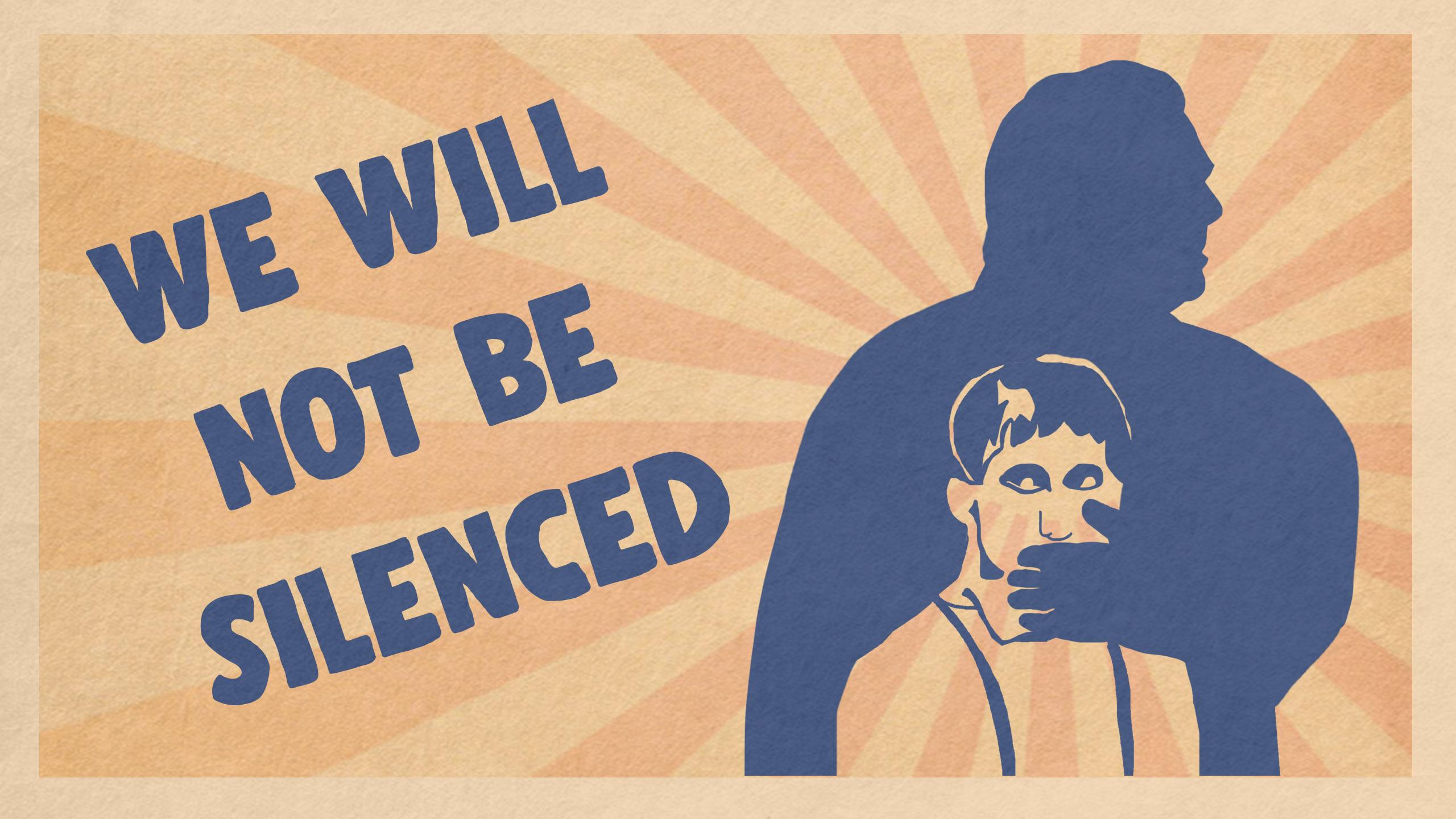Arts & Life editor Tyler Griffin makes a case for culture under the PC government’s policies and funding cuts
Back in June 2018, Ontarians for the Arts, a non-partisan group of Ontario-based artists, arts organizations and advocates, penned an open letter to newly elected Premier Doug Ford. The letter congratulated Ford on his “historic election win” and outlined the importance of the arts and culture sector to Ontario’s economic growth.
The letter came alongside a call to action. Among its priorities were higher investment into making arts and culture more accessible to Ontarians, guidelines to promote arts education in academic curricula and policy decisions that prioritize Canadian arts and culture. The group also requested that the elected government of Ontario follow through on planned funding increases to the Ontario Arts Council (OAC), the agency that gives grants and services to Ontario-based artists and arts organizations.
“We look forward to working with you and your team in the months and years to come. We understand your government intends to develop its arts and culture priorities after the election,” the letter read.
Former co-chair of Ontarians for the Arts Katherine Carleton said the letter was an attempt to emphasize the value of the arts, and funding towards it, in a context that the Progressive Conservative (PC) Party could understand: economics. “We were concerned at the thinness of policy commitments they had made with respect to arts and culture,” said Carleton. “But we were talking with politicians.”
Six months later, the Ford government slashed base funding to the OAC by $5 million, as well as more than $2 million to the Indigenous Culture Fund (ICF).

If there’s one thing Doug Ford has been transparent about, it’s that he couldn’t give one single fuck about the arts. The PC government’s funding cuts and policies are not just a calculated attack on arts and culture in Ontario, but part of a long-term plan to disengage the public from ideologies within the arts community.
At the heart of the OAC is the belief that the arts enrich our lives, and deserve to be publicly funded and accessible to all. The Indigenous Culture Fund, set up in 2017 by the Liberal government, was administered through the OAC to fund cultural projects designed to support Indigenous communities, connect youth and elders and reclaim Indigenous knowledge systems and languages. The fund was part of the province’s response to the Truth and Reconciliation Commission of Canada.
“[The ICF] allows Indigenous communities to identify their own needs and create programming which best responds to it,” read another open letter addressed to Doug Ford and the Ontario PC Party which had been signed by more than 1,700 people. “In its short existence, the Indigenous Culture Fund was changing lives.”
“People who don’t really see themselves in the media have a place to throw out their grievances through an art form”
A parallel is happening at the university level. Under Ford’s Student Choice Initiative (SCI), post-secondary students in Ontario will be able to opt out of any fees deemed “non-essential” by the government. Mandatory fees will include services like academic counselling and campus safety programs. Not included in that designation are students’ unions, campus media and student groups related to the arts—all of which depend on each student throwing in a couple extra dollars from their yearly tuition.
The SCI presents a threat to culture at the post-secondary level, where students often begin to foster a passion for the arts through student groups and programming. Whether it’s the awkward, introverted student who improves their social skills through improv or the aspiring poet who finds their voice through slam poetry—the arts provide students with a sense of purpose outside their mundane class schedule.
“I don’t think anybody who’s been through university would tell you that the most important stuff they learned was stuff that they did in class,” said Alex Usher, president of Higher Education Strategy Associates, a consulting firm for post-secondary institutions.
Marusya Bociurkiw is the co-director of The Studio for Media Activism and Critical Thought at Ryerson University, a unique research centre that blurs the lines between art, media, activism and scholarly research. She called the SCI a direct hit against radical student organizing. “Ford was very clear about that,” Bociurkiw said, in reference to Ford accusing students’ unions of getting up to “crazy Marxist nonsense” in a fundraising email.
“He’s not far off. Historically there has been robust, feminist, queer-positive and left-organizing or social democratic organizing within universities.” In Ford’s fight to dismantle leftist ideology at its core on university campuses, arts and culture are simply casualties of war.

Robert Molloy, president of Poetic Exchange, Ryerson’s student-run spoken word collective, said they might not be able to compete at their biggest annual event, the College Unions Poetry Slam Invitational (CUPSI), in the future if they lose funding. “It’s a really big deal to have this goal to work towards,” said Molloy.
Poetic Exchange is aimed at uplifting the voices of marginalized students; queer poets, trans poets, poets of colour. Through Poetic Exchange, “people who don’t really see themselves in the media have a place to throw out their grievances through an art form,” Molloy said.
Additionally, the group hosts open mics and workshops with acclaimed poets that members can learn from and engage with. If a majority of students decide to opt out of paying for student groups next semester, Poetic Exchange will most likely be unable to afford such programming and return to running smaller events. That means less self-expression and opportunity for marginalized artists. “We’re really dependent on that levy we get every semester from the [Ryerson Students’ Union].”
Smaller groups often receive considerably less funding and attention. Every Wednesday, Improv Club at Ryerson meets in the backroom of Imperial Pub to socialize, eat fries and perform improv skits and games. “I think it’s a great way to just relax and not worry about school for a bit,” said Allie Rutty, who has run the club single-handedly for the past four years. She mentioned that many introverted students come to Improv Club to work on their social skills.
While Improv Club has been able to run with little funding due to the little resources needed to practice improv (just yourself, essentially), Rutty has always dreamed of bigger things for the club given more funding and attention. “The funding allows more opportunities to perform elsewhere or to see more shows. It would be sad to lose that potential if our funding were cut.”

In October, The Studio for Media Activism and Critical Thought organized a workshop aptly titled #NotMyPremier: Media Activism in Ford’s Ontario. They discussed skills and strategies to oppose the Ford government’s attack on student loans and debt, university funding cuts and their attack on the arts.
Bociurkiw has seen firsthand the potential the arts have for social change. At a screening of her last film, which was about the criminalization of LGBT individuals in Eastern Europe, she saw audience members change their mind on issues in real time when they discussed the film afterwards.
“I use art to think through social issues and I use art as a way to develop conversations. Whether it’s a film screening or a book reading or a collaborative research creation project, those are all ways to build and disseminate knowledge,” Bociurkiw said. “That changes hearts and minds.”
Art and activism can be powerful agents for social change
In spite of all the setbacks, Bociurkiw is hopeful that students will step up to the call for action, having been torn out of a complacency they may have had with the previous provincial government. She said she believes art and activism can be powerful agents for social change. “Demonstrating may not be enough,” said Bociurkiw. “We also have to use our design skills, our media production skills and work towards solutions.”

Now, more than ever, students are going to have to strengthen their organizing and resist policies that try to dismantle student life from the inside out. And in the fight to protect life at Ontario university campuses, the arts should never be an afterthought. We want nothing of a world in which the certainty of not dying from hunger comes in exchange for the risk of dying from boredom.
With files from Alanna Rizza, Julia Batista & Mathieu Landry










Steven Johnson
https://soundcloud.com/plat-beats/gen-z-fdf-doug-ford-diss